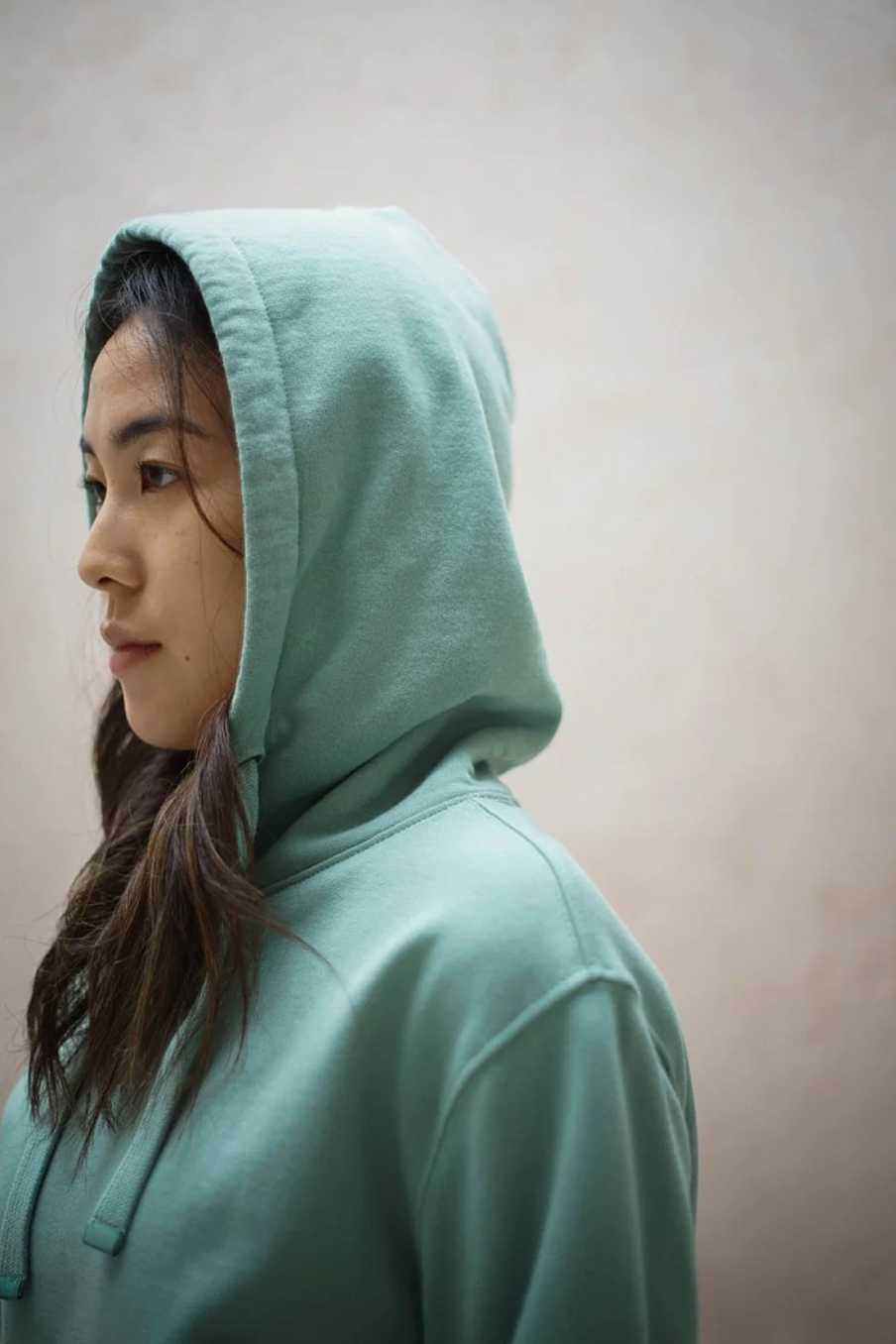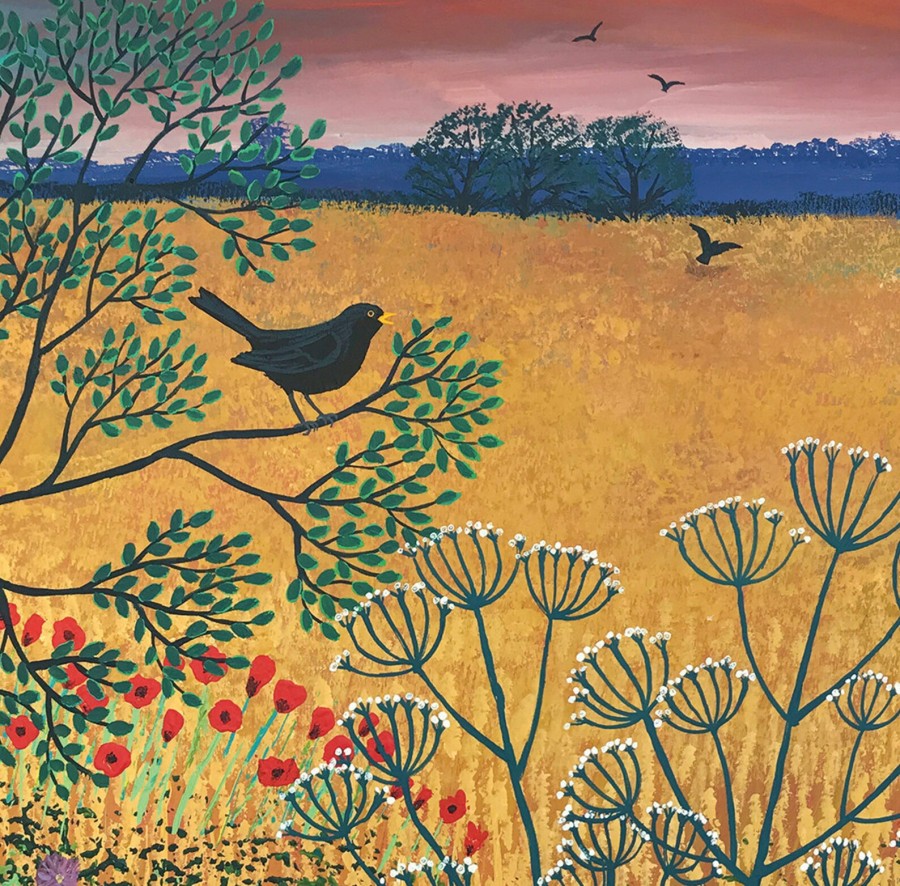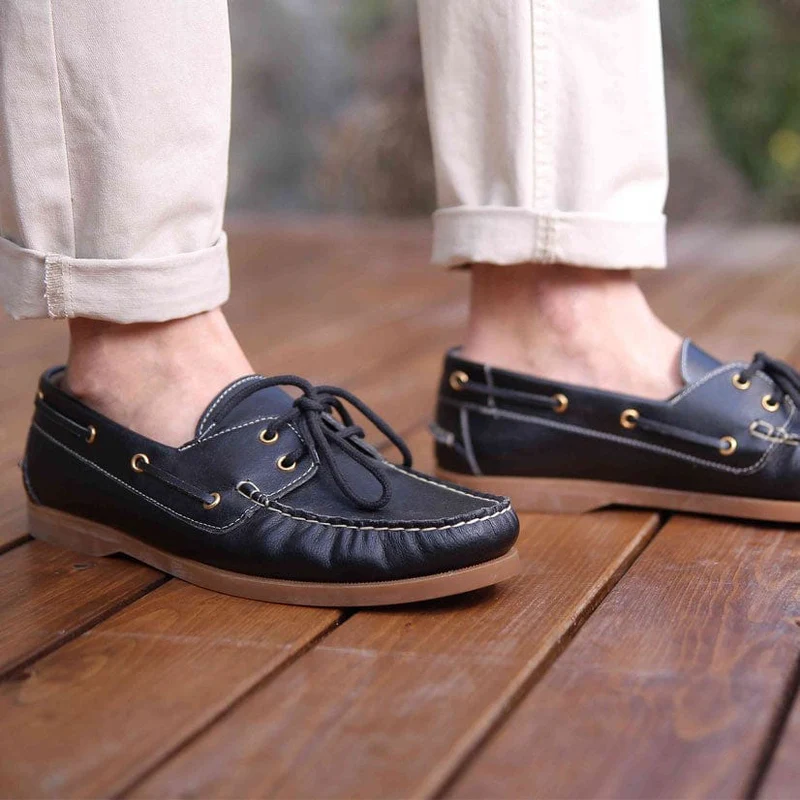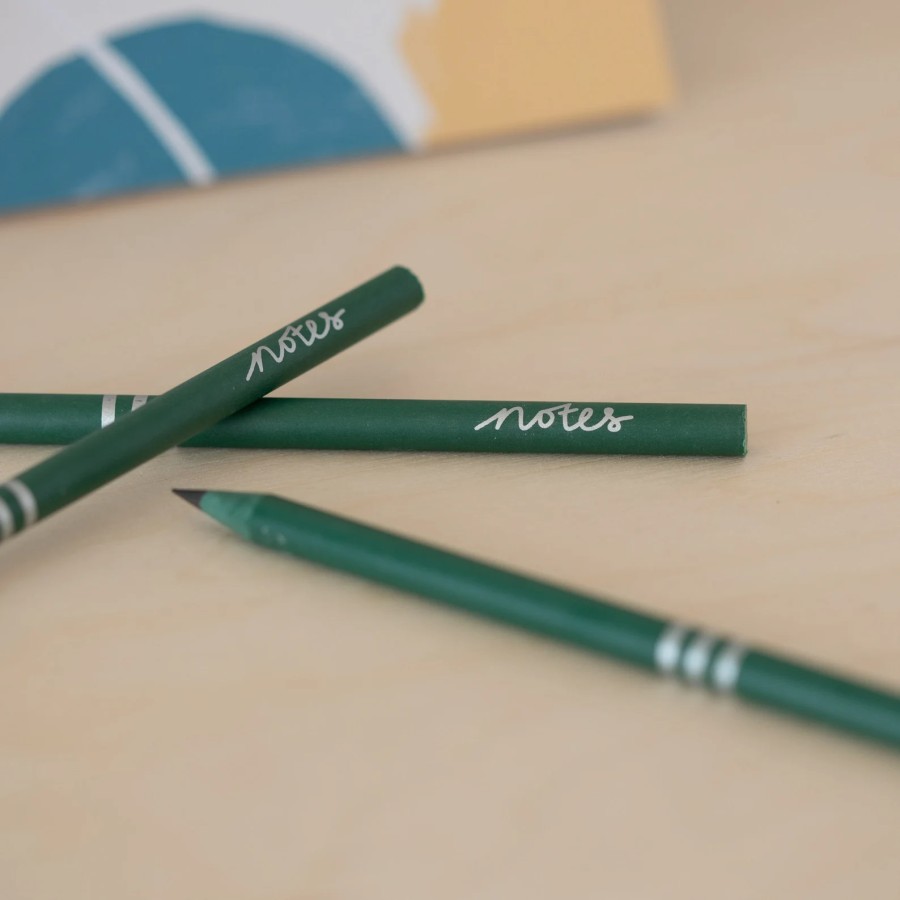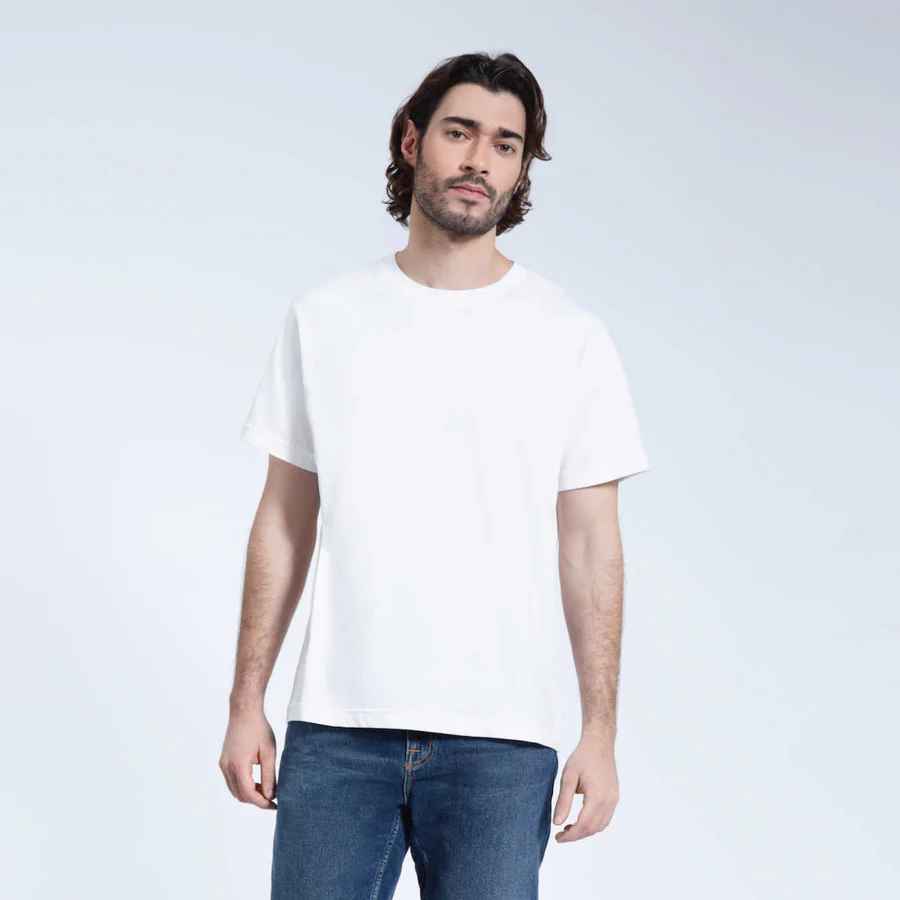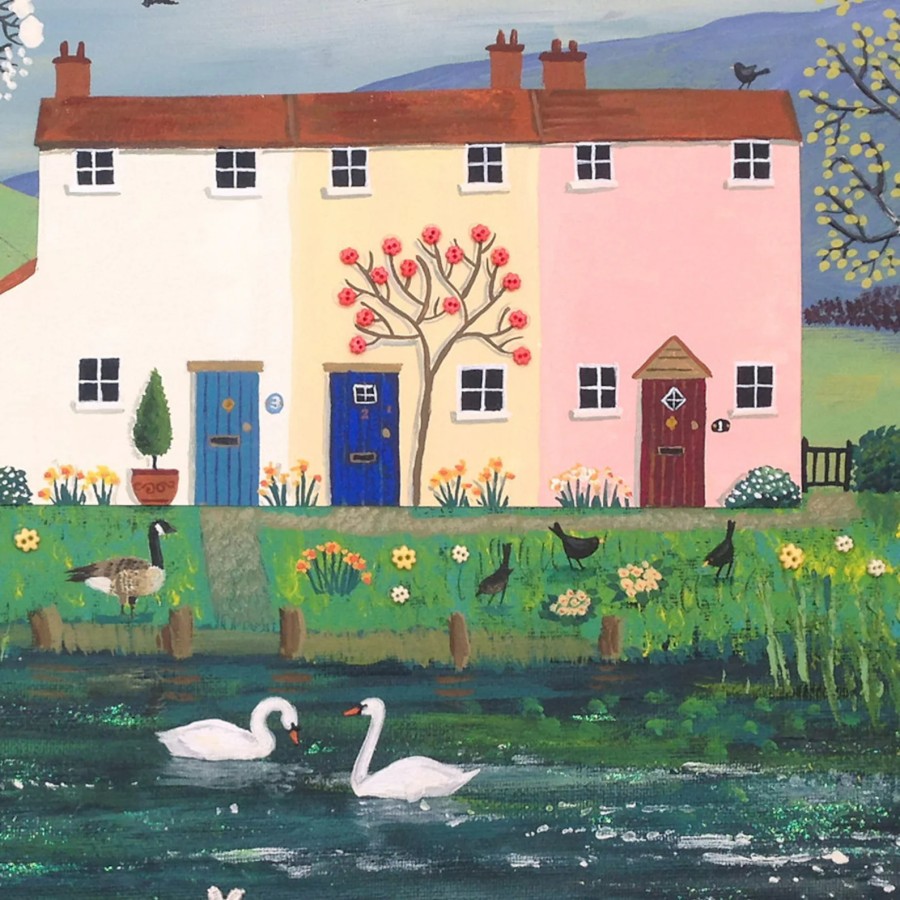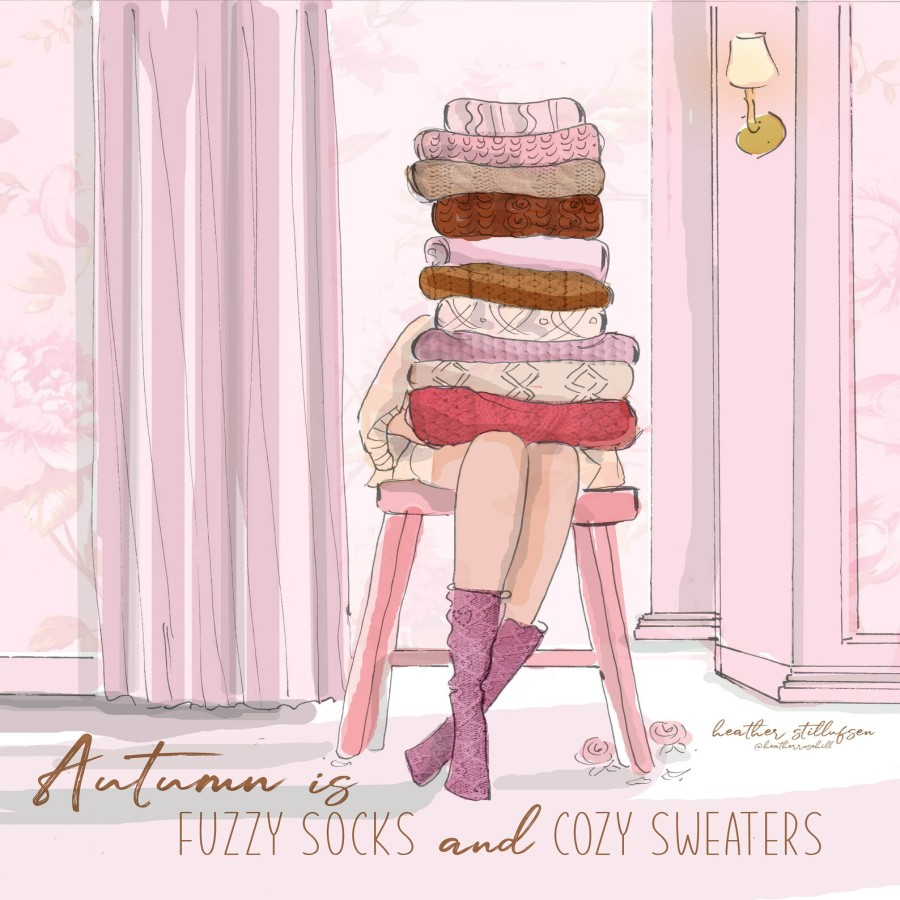
Socks are not the most sustainable brand of clothing, because nearly all (even) organic socks still have a small percentage of elastane (used for stretch and comfort). So unless you can find 100% natural fibre socks, launder in a microplastic catcher.
Get together as a community and order a one-off TerraCycle Fabric & Clothing Box. Fill with all your socks, fabrics, textiles and hosiery and send it off (using the prepaid) label to recycle into other things.
Keep socks away from pets. This is because they smell lovely to animal friends, but can cause choking, constipation and intestinal blockage. Signs of sock ingestion are lethargy, vomiting, loss of appetite, a tender abdomen and difficulty pooping.
recycled yarn socks (made in Leicestershire)
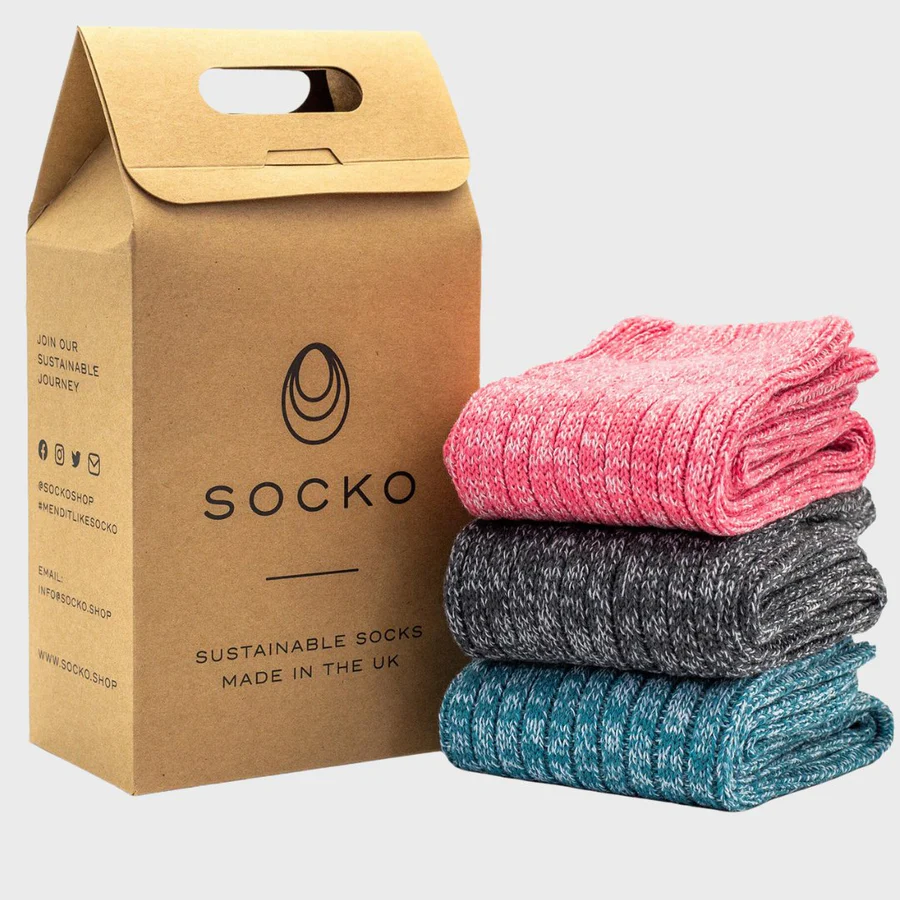
Socko is a brand of socks made from end-of-line yarns, made by artisan craftmanship in Leicestershire. Each pair includes instructions (with colour-matched yarn) on how to darn socks in 10 minutes, to help stop the thousands of pairs of socks thrown away.
Nearly all socks contain elastane, so launder in a microplastic catcher to stop synthetic fibres escaping washing machines. Buy elastane-free socks from Ecooutfitters or Eczema Clothing (also for men). Keep socks away from pets (can cause intestinal blockage).
Sold in grey, pink or blue, you can buy separate or mixed sets (in cardboard packaging). A blend of recycled cotton, polyester, fishing waste and a few other fibres, the socks feature reinforced heels and toes, and are hand-finished and inspected for quality.
As socks (nearly always) contain synthetic fibres (usually elastane for comfort), sustainability experts recommend washing no more than at 30 degrees C (or even cold wash) to reduce shedding. And line-dry (over tumble-drying).

